
Donald Trump Is a Globalist
Trump’s MAGA agenda poses as anti-globalist—but masks a self-serving, chaotic new form of globalism.
Social Europe is an award-winning digital media publisher driven by the core values of freedom, sustainability, and equality. These principles guide our exploration of society’s most pressing challenges. This archive page curates Social Europe articles focused on political issues, offering a rich resource for innovative thinking and informed debate.

Trump’s MAGA agenda poses as anti-globalist—but masks a self-serving, chaotic new form of globalism.
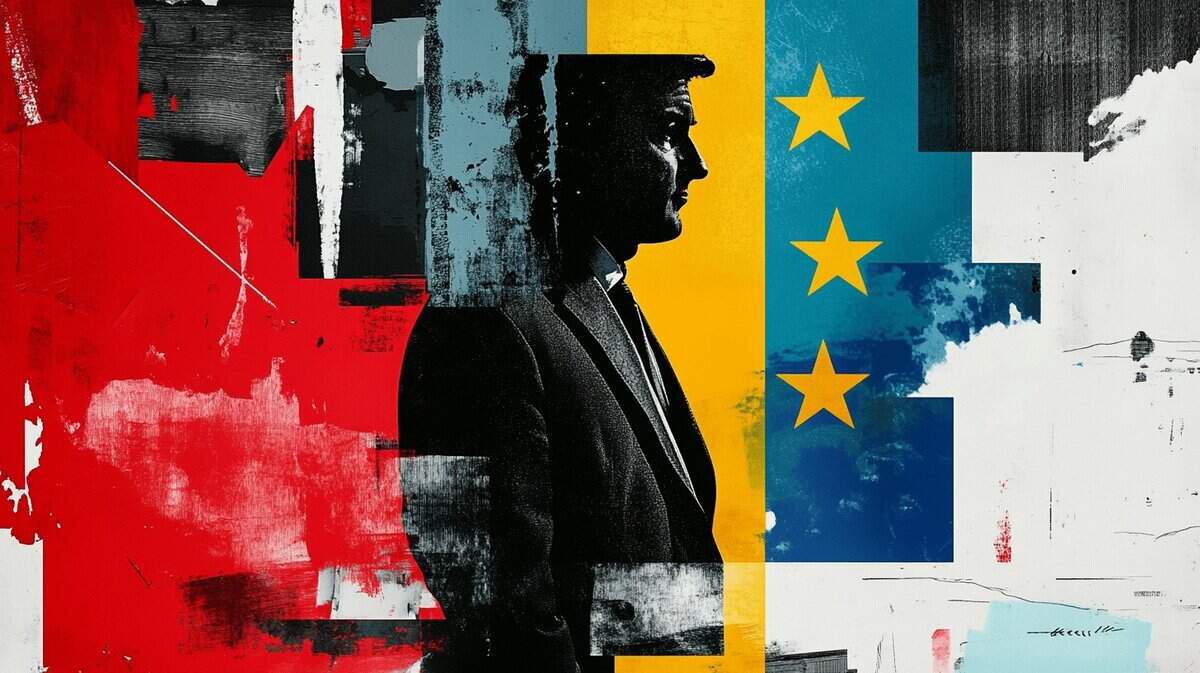
Powerful lobbying has quietly exempted finance from an EU sustainability law, risking Europe's environmental and human rights commitments.

Belgian workers today protest deep cuts and the government’s refusal to tax the wealthy as needed.
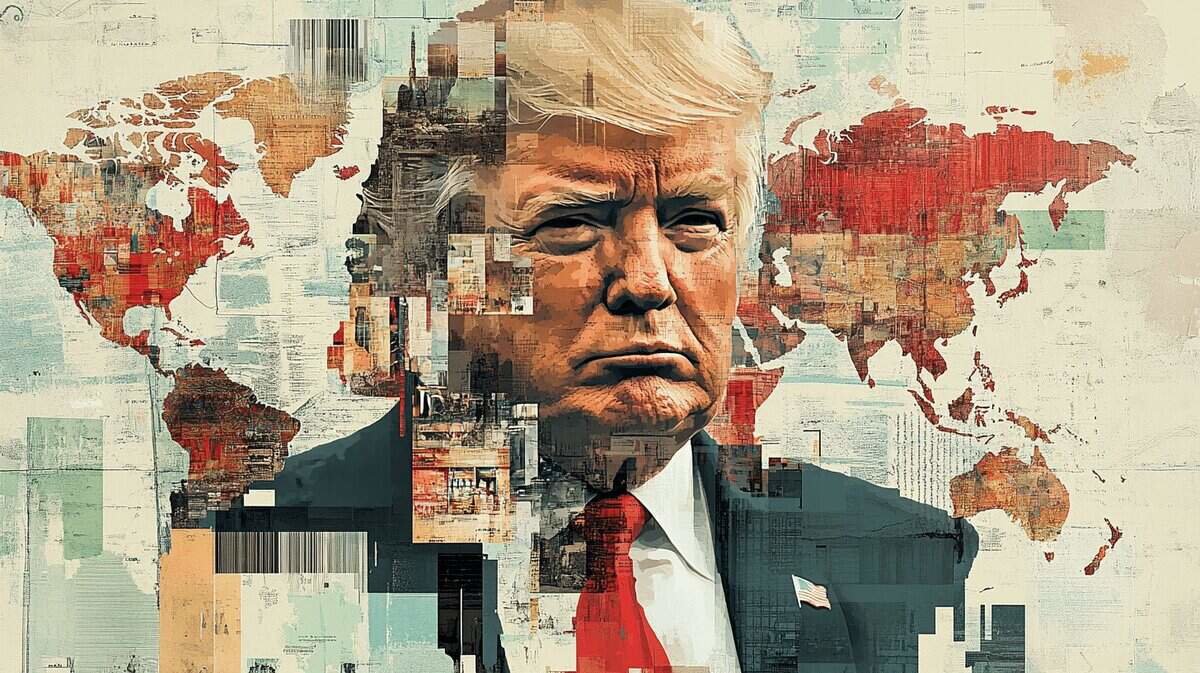
As Trump tears up democratic norms, foreign governments must counter his playbook with bold, coordinated resistance.

Political parties are failing to connect with young voters—can they rethink their strategies before it is too late?
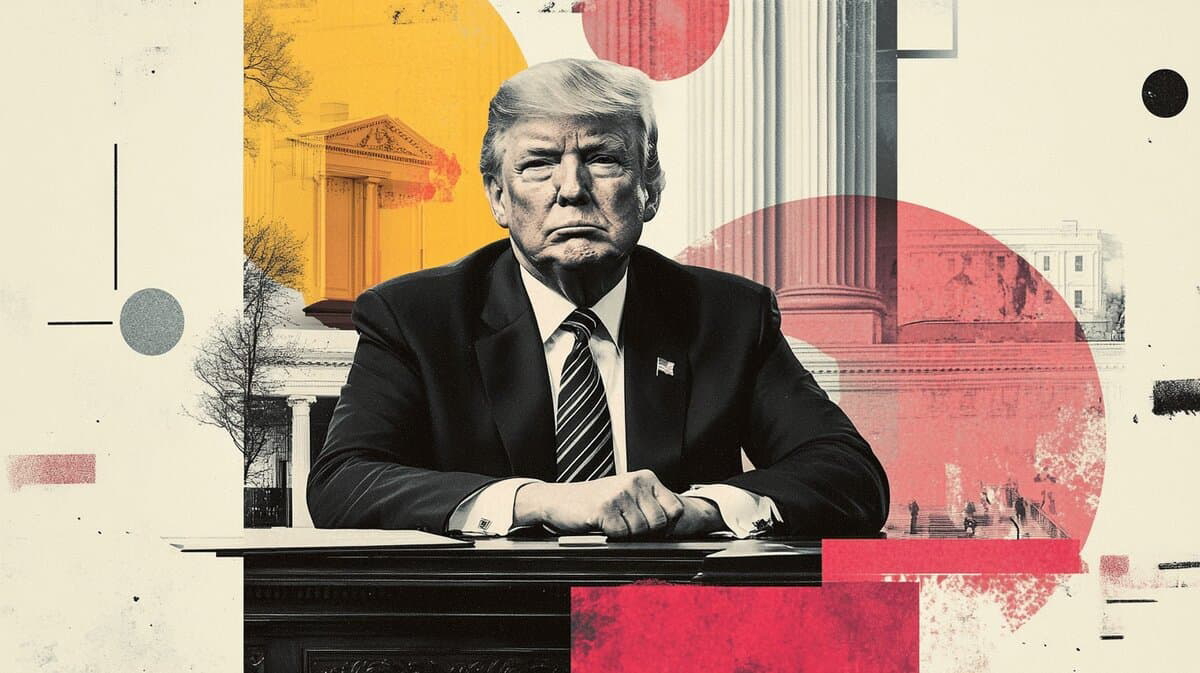
Trump’s Oval Office Spectacle: When Power Becomes a Stage for Humiliation.

As nuclear doubts grow, Germany faces tough choices amid fears Trump’s NATO retreat could spark nuclear proliferation across Europe.

As Trump plots a radical reshaping of global economics, allies must prepare for betrayal, chaos—and painful consequences.

As Trump and Netanyahu reignite Gaza conflict, Europe's failure to respond risks severe regional consequences.
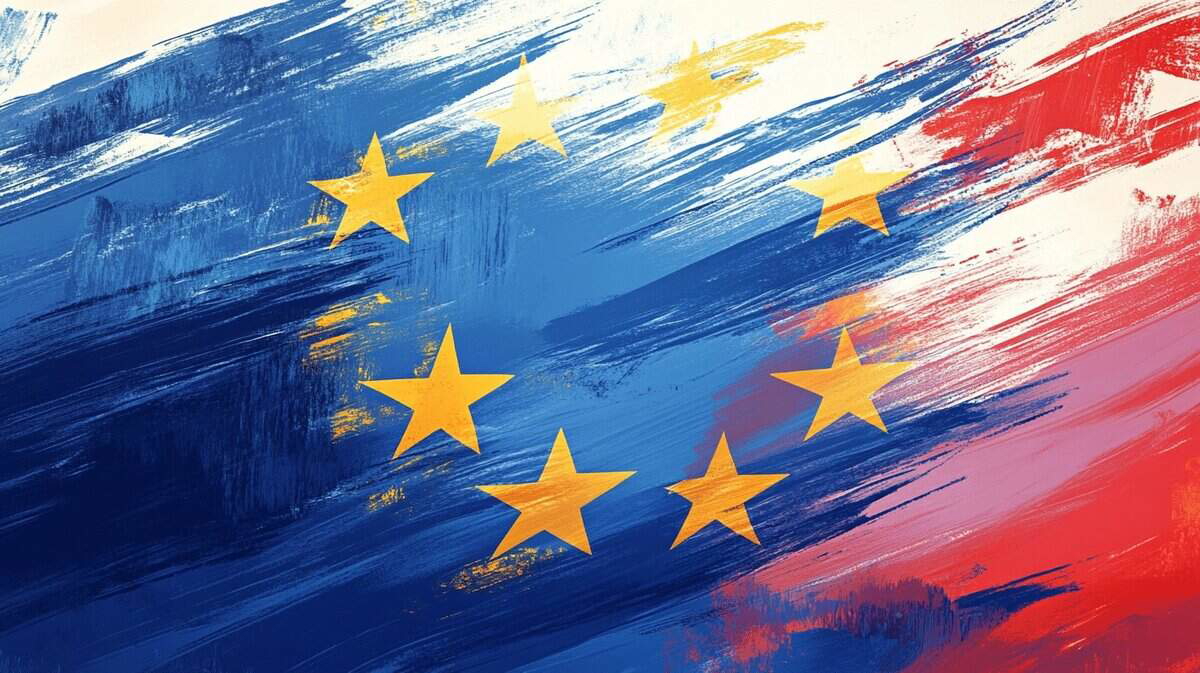
Tax billionaires or risk democracy’s collapse—Europe faces an urgent decision between fairness and authoritarian decline.
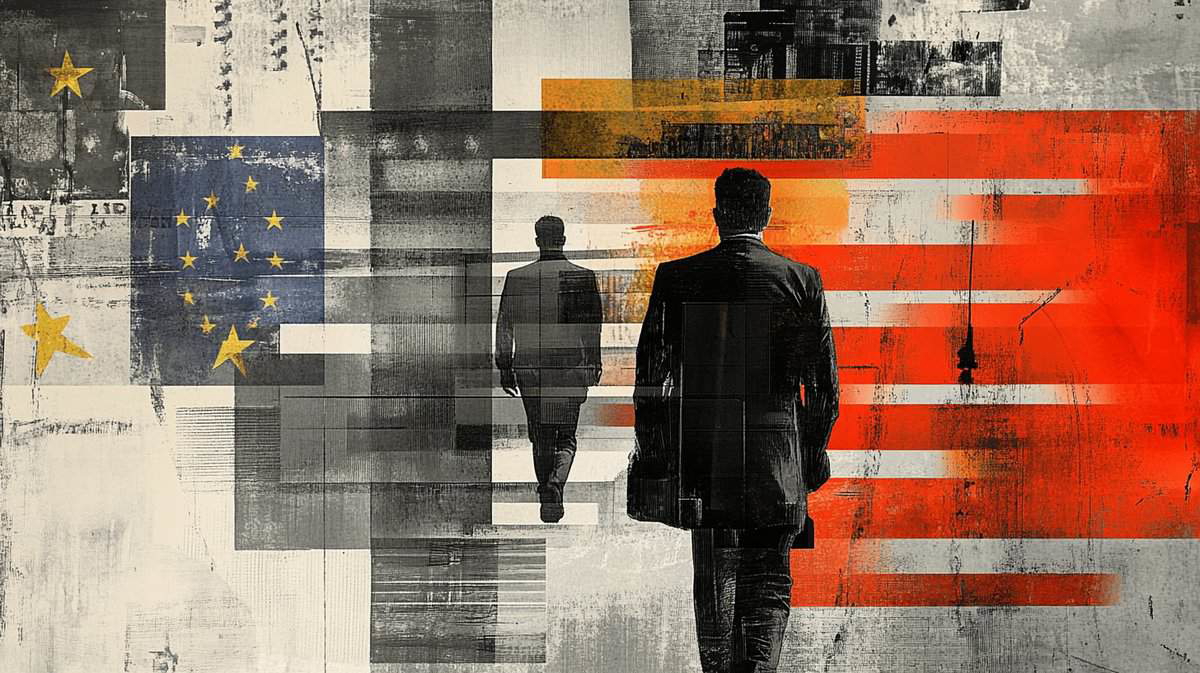
As Trump reshapes US foreign policy, Europe faces a security overhaul. Can a new coalition protect the continent from chaos?
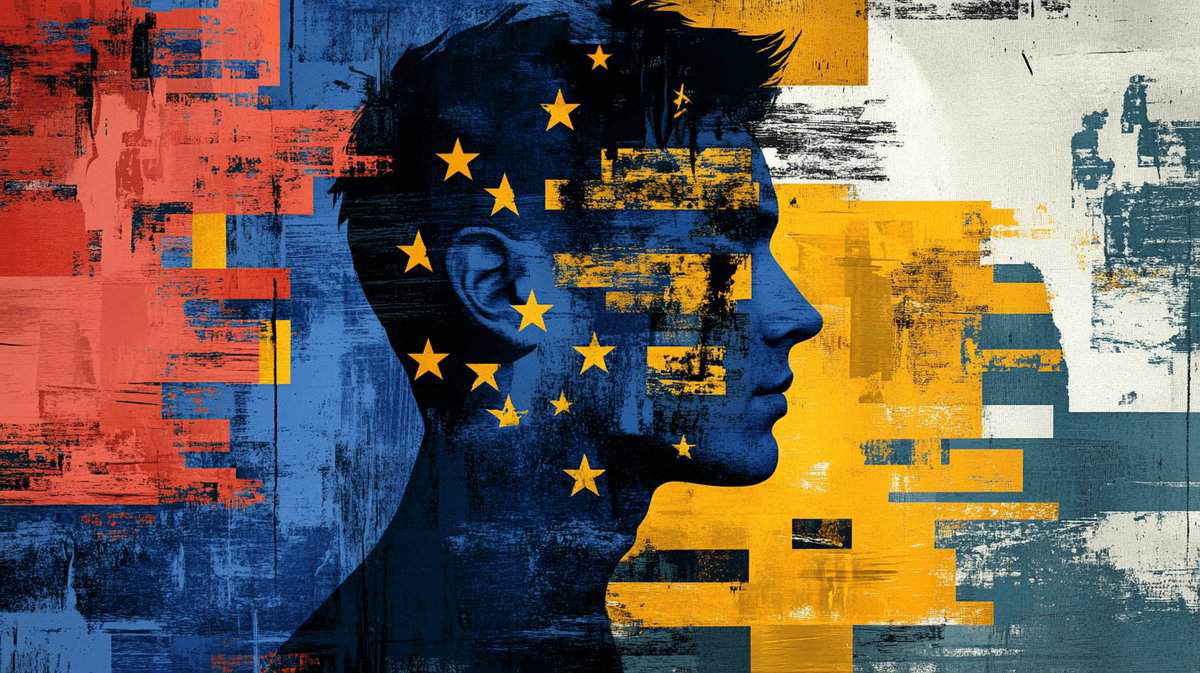
As EU leaders prioritise military spending, millions of industrial workers face austerity and job losses amid Europe's growing polycrisis.

Europe must urgently increase defence budgets—but it doesn't have to mean deep cuts to public services. Here's the alternative.
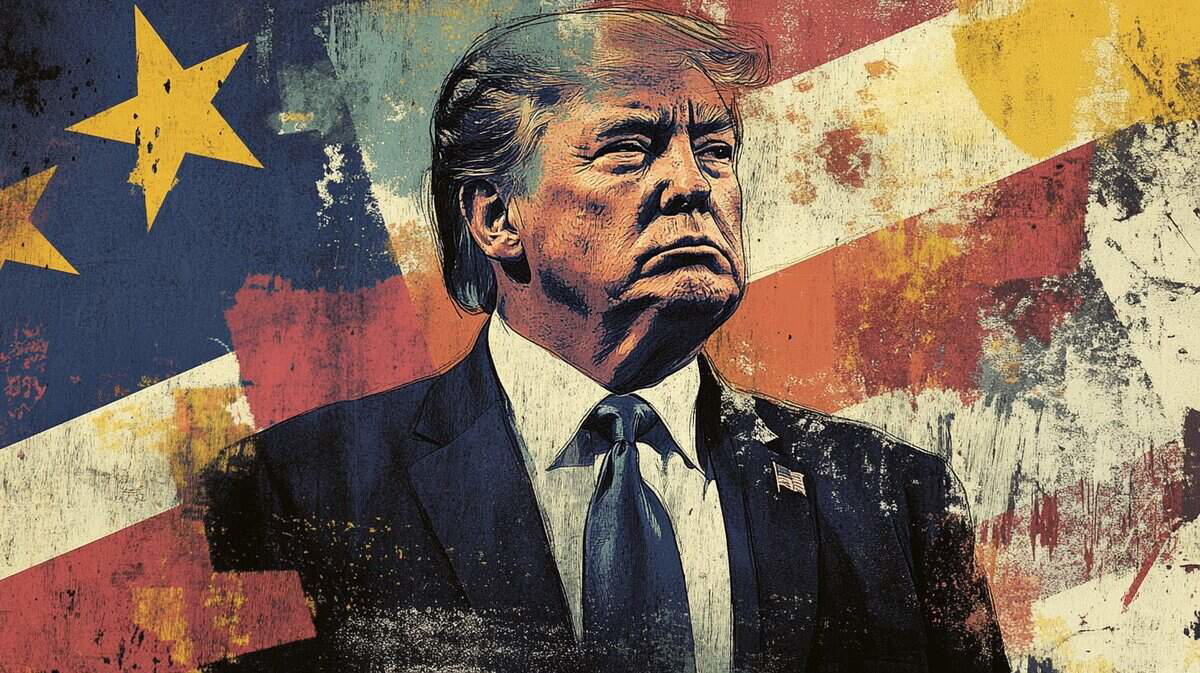
Trump's renewed assault on the EU has reignited a dormant sense of European purpose.
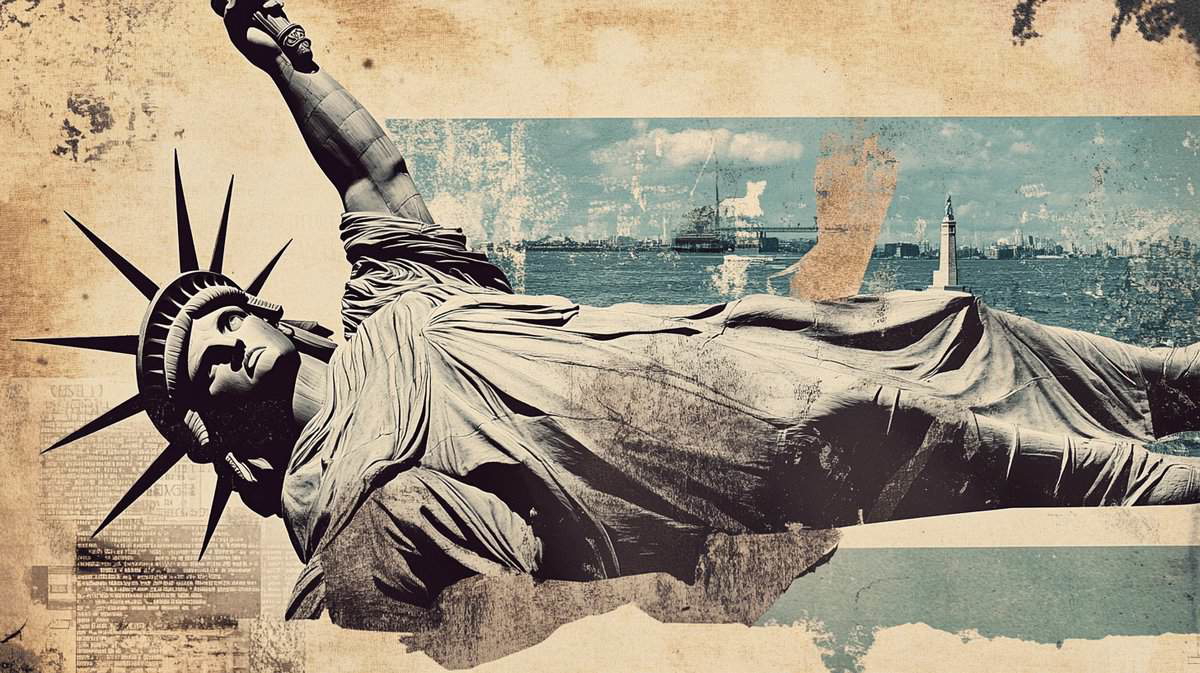
Europe must seize this historic moment, stepping up as America abdicates global leadership.